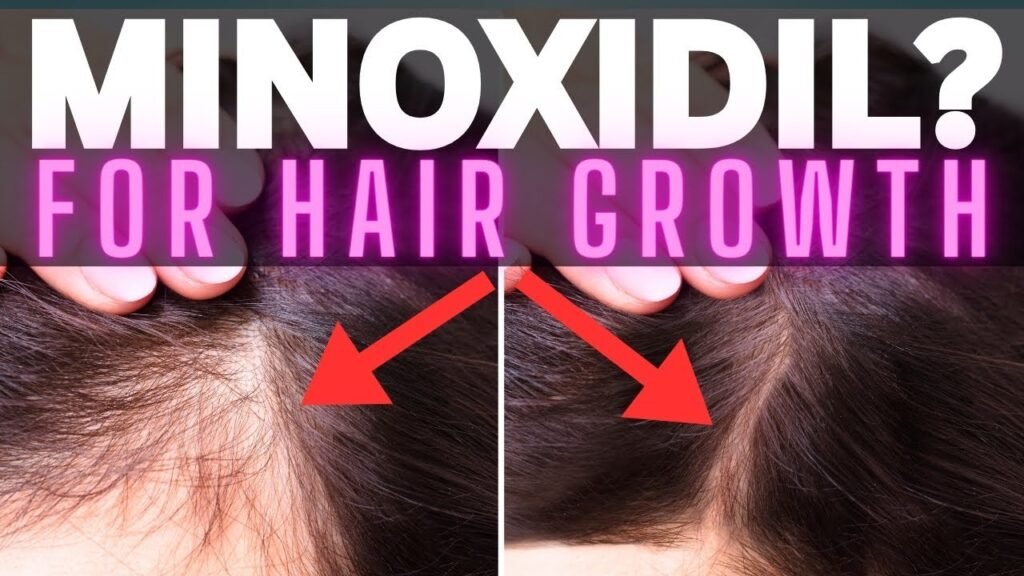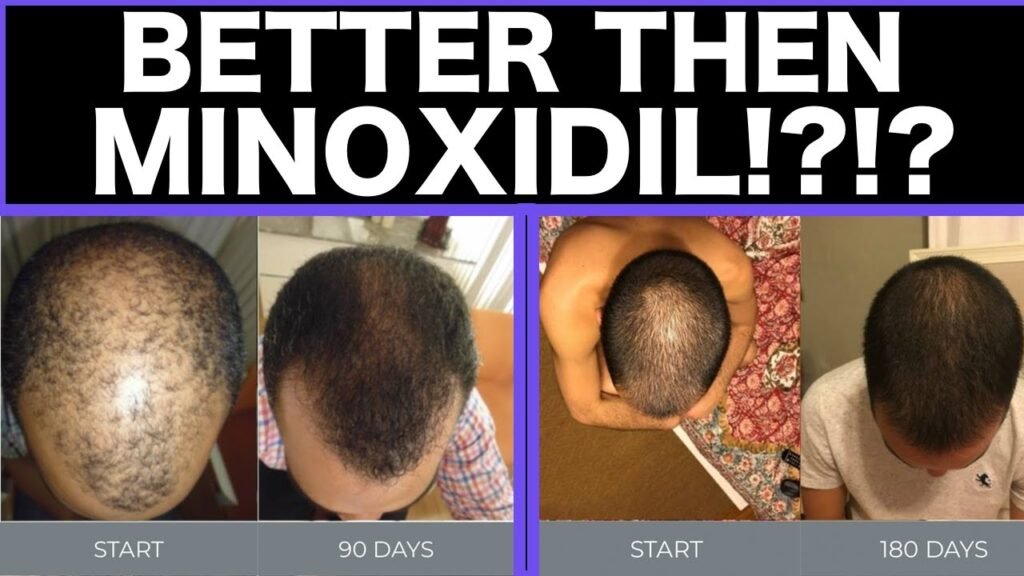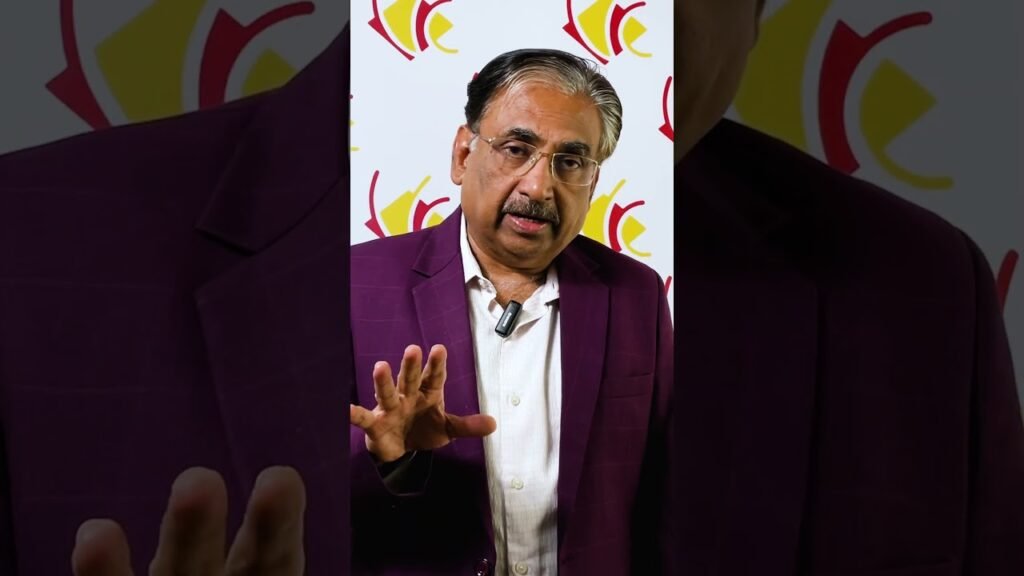Pros and cons of Minoxidil vs hair growth serum
When considering hair loss treatments, both Minoxidil and various hair growth serums present their own sets of advantages and disadvantages. Understanding these can help you make an informed decision about which option may be best suited for your hair care needs.
Pros of Minoxidil
Minoxidil is a well-researched topical solution that has been approved by regulatory authorities like the FDA for treating hair loss. One of its main advantages is its proven efficacy in stimulating hair regrowth in many individuals experiencing androgenetic alopecia. The ease of application and availability in different strengths make it a versatile option. Additionally, Minoxidil is widely accessible and can be purchased over-the-counter in most pharmacies.
Cons of Minoxidil
Despite its benefits, Minoxidil does have some downsides. Some users may experience side effects such as scalp irritation or unwanted facial hair growth. Consistent application is crucial for maintaining results, which means long-term commitment is required. Moreover, once treatment is discontinued, any new hair growth typically falls out, reverting to the original state of hair loss.
Pros and Cons of Hair Growth Serums
Hair growth serums, on the other hand, often contain a blend of natural ingredients and essential oils designed to nourish the scalp and promote hair health. These serums can be appealing due to their minimal side effects and the potential added benefits of improving overall hair texture and shine. However, unlike Minoxidil, most hair growth serums lack the robust scientific backing and regulatory approval, which can make their efficacy variable. While they may offer holistic hair care benefits, they may not be as effective for significant hair regrowth in cases of severe hair loss.


